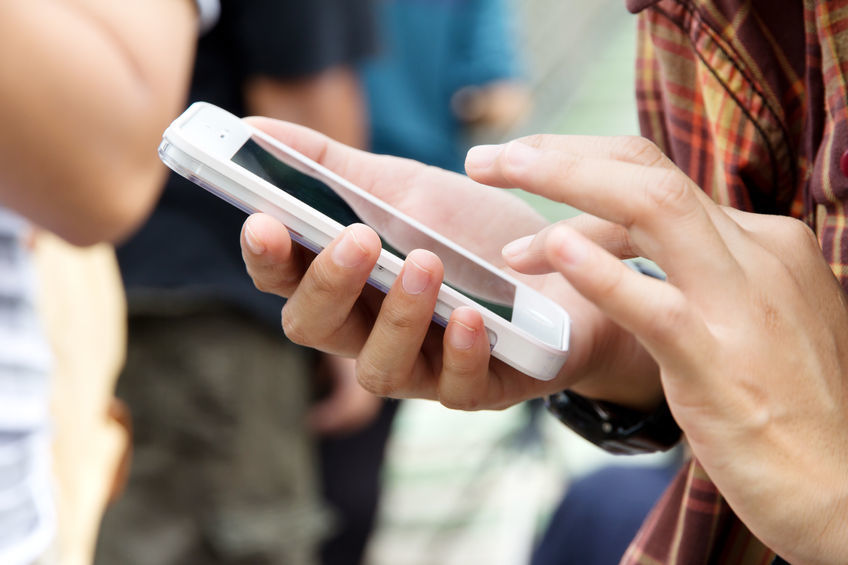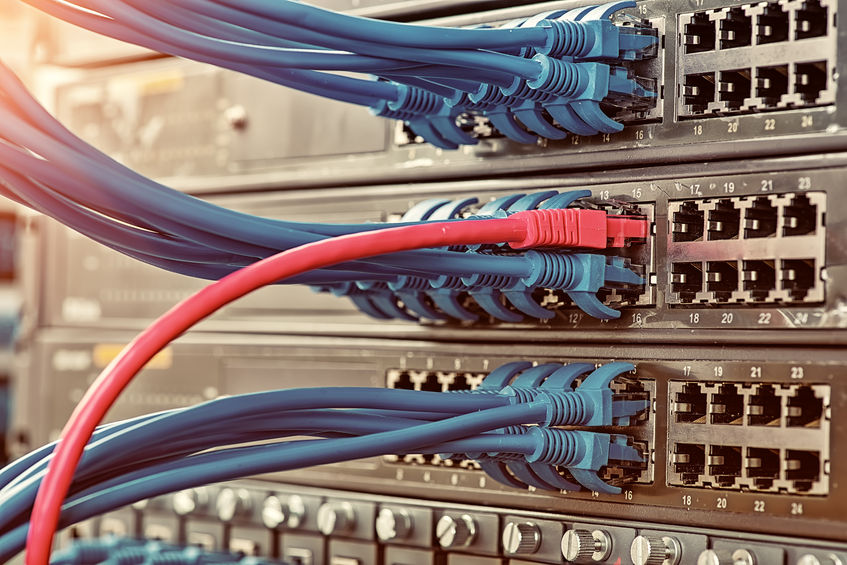I’ve always considered my relationship with technology as being purely platonic. Sure, it was nice having it around, but I could just as easily live without it. No wahala, as they say in Nigeria.
However, when my wife and I recently went on a much needed weekend getaway deep in the Tonteldoos(Afrikaans for “tinder box”) Valley in South Africa’s Mpumalanga province, I discovered just how unhealthy and obsessive my interaction with the various gadgets that dominate modern life had become.
When I booked the getaway a couple of weeks prior, the venue’s website had issued the ominous warning that there is absolutely no cellphone reception in the valley. Tech-addicts beware!

No wahala, I said again and forgot all about this message of foreboding pretty much until our arrival. There should have been alarm bells going off when the first thing I did after parking my car was not to appreciate and take in the natural splendor and tranquility around us, but to take out my cellphone and check for emails. Alas, there were no alarm bells, only two words mocking me from my cellphone’s display: No service.
I instantly panicked. Disconnected from my world, everything could easily descend into chaos. My mind reeled as countless dramatic scenarios played out in my head, and I started feeling increasingly uncomfortable and on edge.
For starters, I had no idea what to do with my hands.

A number of times, I caught myself reaching into my pocket for my iPhone, and then awkwardly fumbling with the impotent thing as if unable to come to terms with the fact that the device had been temporarily transformed into an expensive paperweight. Sometimes I stared at, attempting to will it into working. Sure, it was weekend, but what if there was an emergency at work? What if something happened to a friend or family member and no one could get hold of us? My sister-in-law was looking after our cat while we were away; what if something happened to little Gizmo?
But then, just as I was sure that I would get into my car and drive to the nearest town to get my technology fix, a crazy thought occurred to me.
What if I actually gave up control for two whole days? My addiction to technology and, by extension, to being in control, had meant an ulcer in my late twenties and panic attacks on a weekly basis. I’m no doctor, but that can’t be good. So I did the unthinkable: I stashed my phone in a drawer and vowed to forget about the thing for the next 48 hours.
Within an hour of arriving at our cosy log cabin, nestled snugly amidst the surrounding mountains and foothills, I started to feel better than I had in many months. Without a phone shackling me to my “normal” life with its countless deadlines and meetings and responsibilities, I had no choice but to relinquish control and actually enjoy myself. Oh, the horror.
Pretty soon, I was participating in an actual meaningful conversation with a constant flow that wasn’t interrupted every couple of minutes by me checking my email or updating my Facebook status. Much to my shock and dismay, I even caught myself laughing heartily and, once my wife had assured me that I wasn’t having some sort of mental episode and that laughter was, in fact, a quite natural response to having a good time, I actually quite enjoyed the sound of it.

I fell off the wagon on the second day of our trip by hiking up a hill to go look for a spot with cellphone reception but, again to my surprise, I wasn’t at all disappointed when I didn’t find one. In fact, what I felt more than anything else, was an immense sense of relief.
When I did eventually pick up my phone again, it wasn’t to check whether it had magically picked up a signal, it was to use the built-in electronic notepad to write this article and, shortly after, a second article for my travel blog. By unplugging, I had unwittingly freed myself from the creative block that had been impeding me for the past week.
I awoke on Sunday morning – the final day of our trip – with that sly succubus anxiety perched upon my chest. Simply knowing that, within a couple of hours, the emails and text messages and Facebook and Instagram notifications would come flooding in, filled me with what can only be described as abject dread. I came to realize that the feeling of being in control – the thing that I craved and thought I could not do without – was the same thing that was causing me so much mental anguish. An addiction to control was slowly killing me.
Being forced to take a break from technology has not only been beneficial to my mental health but I can see the effects on my physical appearance, too. Looking at myself in the mirror, my reflection seems healthier and altogether more robust. An illusion, perhaps, but a pleasing one!
Being a technical writer by trade, technology will always have a special place in my heart. But, as a human being, I’ve learned that it’s okay to make space in there for other things as well.
Here are some of the ways in which taking a break from technology can benefit you:
- Fewer distractions. Without the lure of religiously checking Facebook to make sure that you’re not missing out on some piece of life-affirming social commentary (spoiler alert: you’re not), it’s much easier to focus on the act of creation rather than being preoccupied with mere distraction, I’m sure you can also do without the constant flurry of annoying notifications from the various social media channels to which you subscribe, not to mention email, instant messaging and the like, news feeds and the like.
- You’re more likely to be active. Technology’s main function is to make our lives easier, and it’s difficult to deny that it’s done exactly that. But with this amazing convenience comes a tendency towards sedentism. By going unplugged for a while, you are much more likely to be physically active which is good for both physical and mental health.
- There may be a reduction in your overall stress levels. Being constantly connected means that we never truly “switch off”. There’s always another email to check, another instant message to send, another status to update. We are forever plugged into this world that demands instant replies and constant engagement. When I was forced to disconnect, I felt an overall reduction in my stress levels almost instantaneously.
- Time for reflection and mindfulness. The problem with technology and its main export, mass media, is that there is a stimulus overload. We are bombarded from all sides by hundreds of different messages vying for our attention; from newsfeed ads to Instagram videos to the seemingly never-ending barrage of emails, our brains are plugged into a relentless stream of information. When we unplug, we are better able to focus on the here and now, which promotes both creativity and a better command of our thoughts and emotions.
If you’d like to read more about the effects of technology on physical and mental health, you can go check out this fascinating article on the Digital Responsibility blog.


